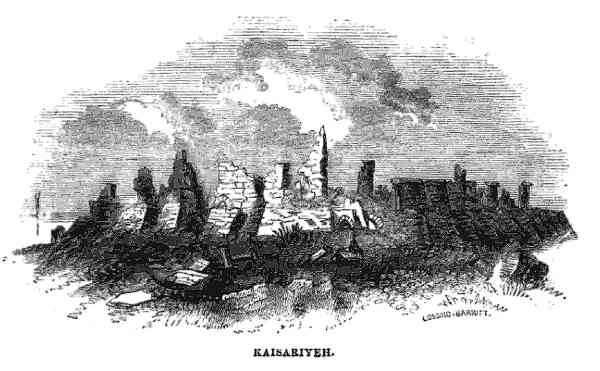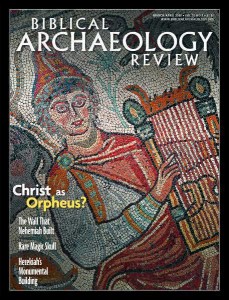Past Perfect: Desolation in Cesarea

J. (John) Ross Browne was born outside Dublin, Ireland, in 1821. After publishing an article opposing repressive British rule, Browne’s father was exiled to America and settled in Louisville, Kentucky, with his family in 1833. This event may have influenced J. Ross Browne’s yen for adventure and writing. In 1838 he worked as a flatboat hand on the Mississippi. His international adventures began in 1842 with a stint as a deckhand on a whaling ship, which led to the publication of Etchings of a Whaling Cruise. In 1844 he married Lucy Mitchell, who proved to be tolerant of his many absences and who nurtured his desire to write. Browne worked for the United States government as revenue, customs and Indian agents, as a postal inspector and as ambassador to China in 1868–1869.
Browne is said to have influenced the writings of authors Mark Twain and Herman Melville. His humorous style is lighthearted and often amusing, even in not-so-funny situations. That is not the case in the following serious-toned excerpt from Yusef, or the Journey of the Frangi: A Crusade in the East (New York: Harper and Brothers, 1853) in his description of desolate “Cesarea”:
Already a library member? Log in here.
Institution user? Log in with your IP address.

